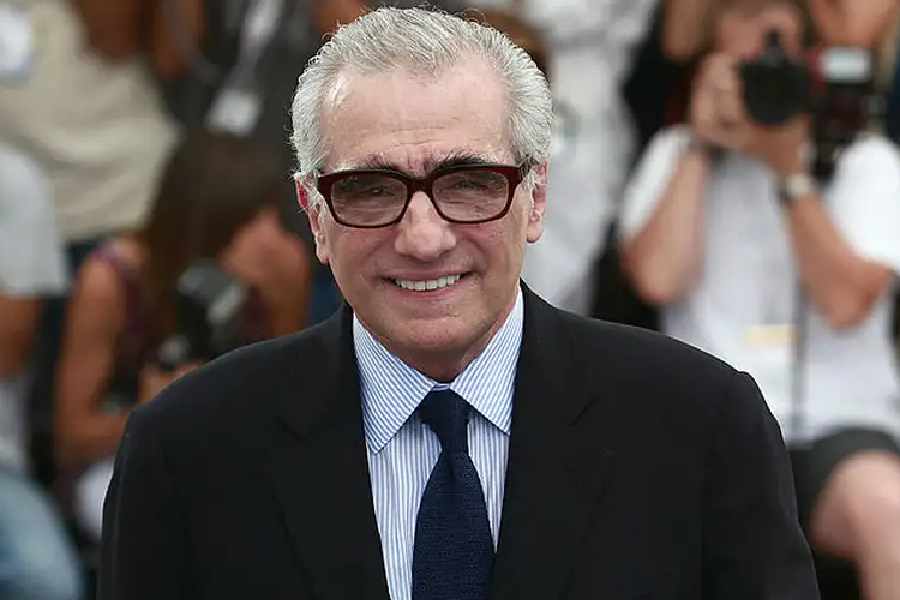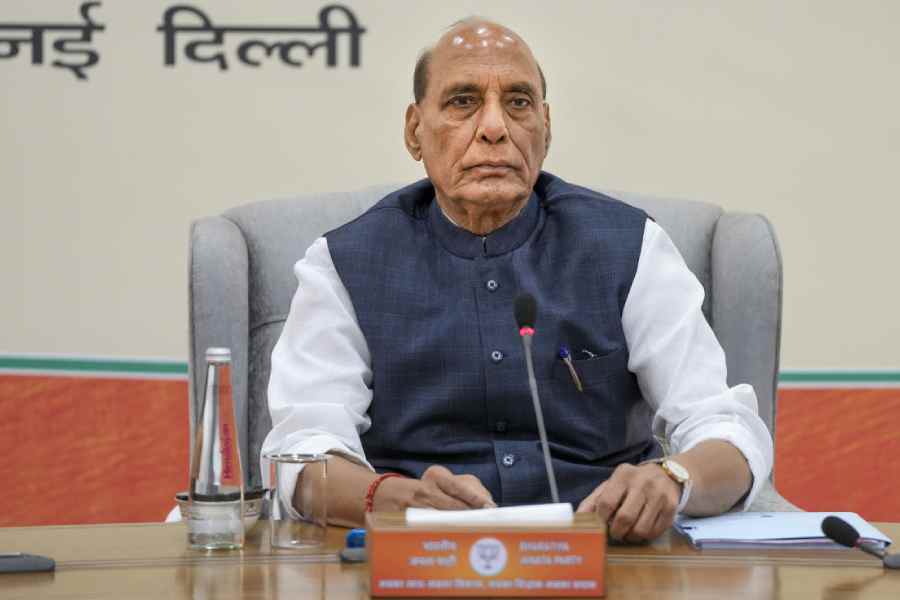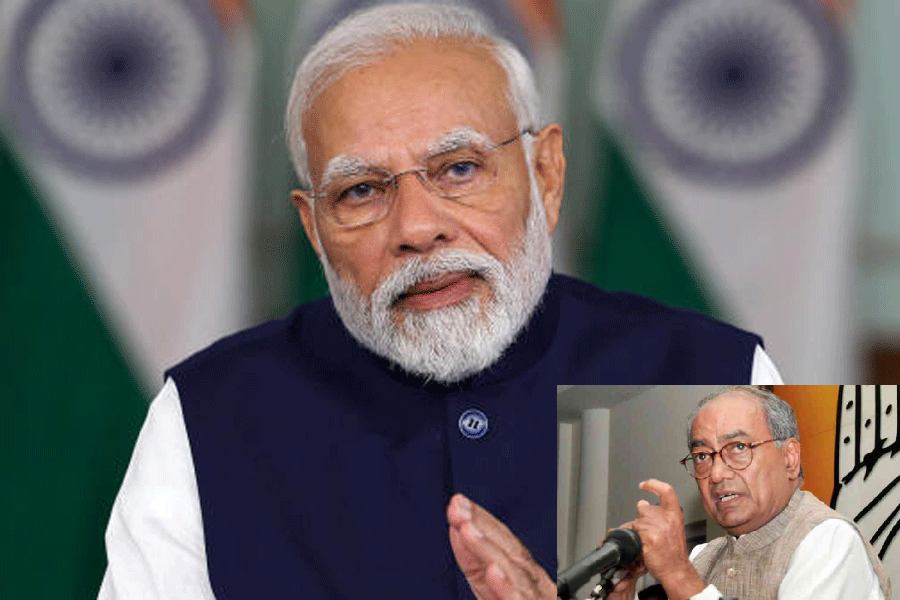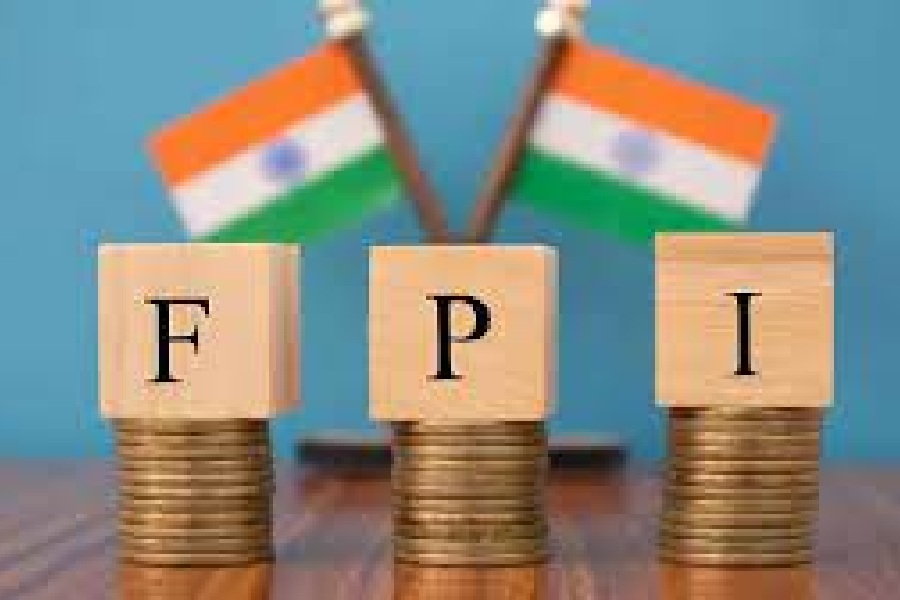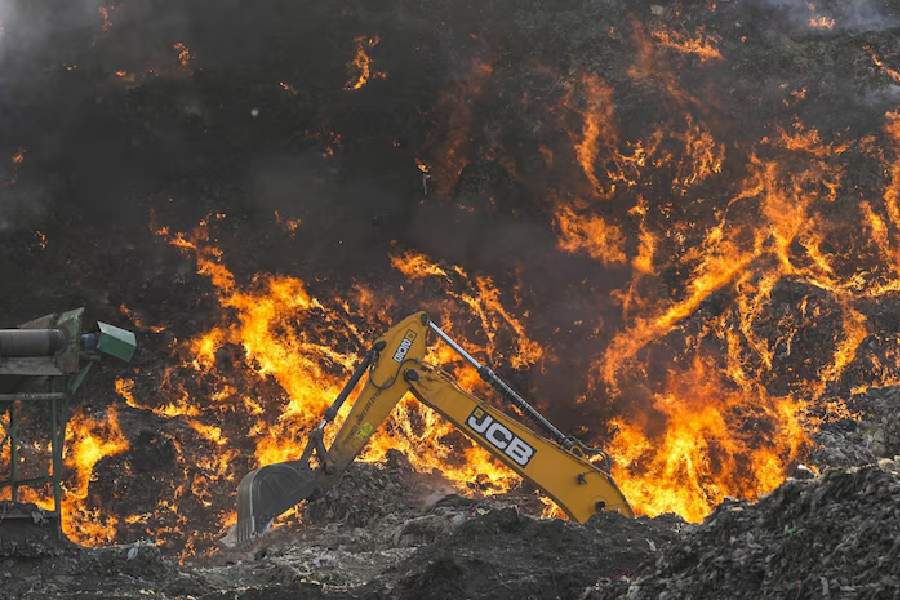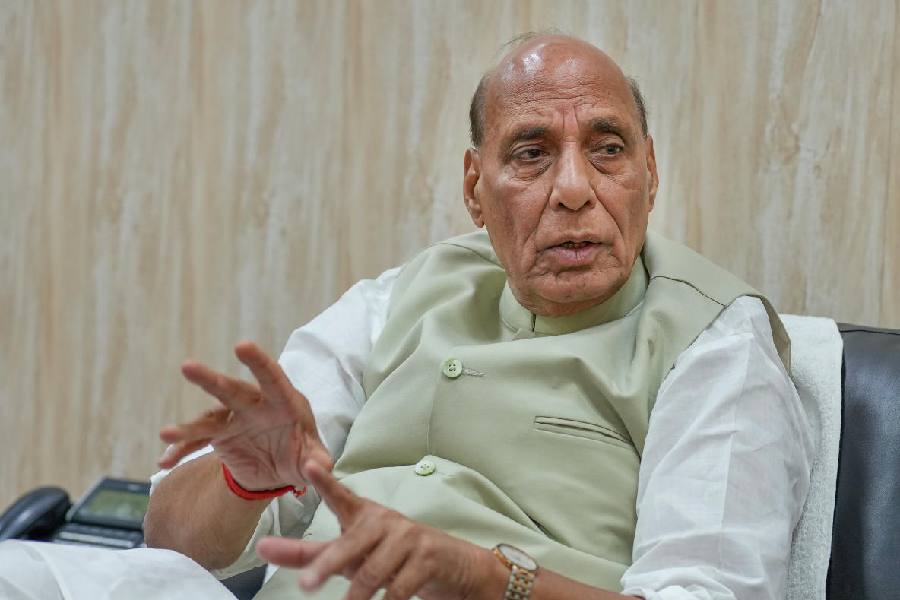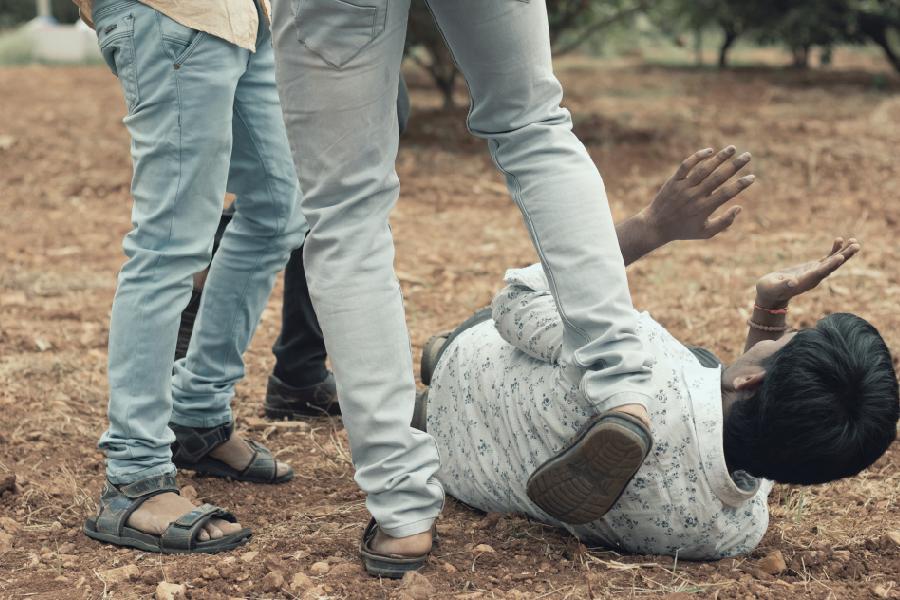Martin Scorsese is undeniably a monument of film history.
The influential director and producer, now aged 81, has already been honored with a number of lifetime achievement awards, and now the Berlin International Film Festival is also celebrating him with its Honorary Golden Bear, which will be handed out on February 20.
Since 1967, Scorsese has directed 26 feature films and many more documentaries.
His latest work, "Killers of the Flower Moon," focuses on the systematic killing of members of the Osage Nation for their oil-rich land by white settlers in the 1920s, a story based on historical facts.
The film has earned 10 Oscar nominations, including one for Lily Gladstone, who thereby became the first Native American to be nominated for an Academy Award.
While the film has been widely acclaimed, the Indigenous community's views on it are divided: "We're telling these kinds of stories predominantly through a white colonizer lens is the main issue," pointed out Jeremy Charles, a Cherokee filmmaker, to the New York Times.
But Scorsese is no stranger to backlash.
Even before calls for more diversity and gender equality started becoming mainstream, his works have sparked polarizing reactions.
Here are five controversies that are also part of Martin Scorsese's remarkable legacy.
The director developed his trademark themes — including macho attitudes, bloody violence and Catholic guilt — early on in his career.
The graphic violence in "Taxi Driver" (1976), and the fact that then 12-year-old Jodie Foster was cast in the role of a child prostitute, made the Palme d'Or-winning masterpiece controversial.
Contributing to the film's infamous reputation, "Taxi Driver" was among the triggers of a delusional obsession developed by a man called John Hinckley Jr., who attempted to assassinate President Ronald Reagan in 1981, as he wanted to "try to impress Jodie Foster."
For some critics, Scorsese should be condemning his protagonists' behavior more directly in his films.
But Scorsese finds such moralistic attitudes "beyond boring," as he recently said in a discussion with Timothee Chalamet for GQ, referring to the reaction to "The Wolf of Wall Street" (2013) a decade ago. The film had also been accused of "glorifying psychopathic behavior" at the time of its release.
Before discovering his passion for cinema, Scorsese first planned to become a priest and still identifies as a Catholic.
He has explored questions of faith in many of his films, but "The Last Temptation of Christ" (1988) was the one that angered conservative Catholics the most.
The film includes a hallucinatory sequence of Jesus (played by Willem Dafoe) having sex with Mary Magdalene.
Screenings were accompanied by protests; the film was banned in different countries, including Argentina, where Pope Francis was born.
Meanwhile, relations between the Vatican and the provocative Catholic director seem to have thawed.
Following a 2016 screening in Rome of his film "Silence," about the persecution of Jesuit Christians in 17th-century Japan, Scorsese had his first meeting with the Pope.
At the beginning of this year, Scorsese announced that he is starting to direct another film on Christ, based on the novel "A Life of Jesus."
In a 2019 interview with Empire magazine, Scorsese stated that he didn't consider Marvel superhero movies to be cinema. He likened them to "theme parks" and argued that they lacked the emotional and psychological depth he associates with true cinema.
Directors and stars of the Marvel Cinematic Universe were called to react to his remarks and defend the mega-franchise.
The topic has turned into never-ending beef between him and fans of the superhero blockbusters.
Even the great advocate of cinema has adapted to a changing film industry.
While he once claimed that streaming services were "devaluing" cinema by reducing films to "content," he also teamed up with Netflix for the "The Irishman" (2019), his film starring Robert De Niro, Al Pacino and Joe Pesci.
The filmmaker explained that no one else in Hollywood was ready to pay for the production, which featured pioneering — and expensive — "de-aging" technology.
Its budget has been estimated to be as high as $250 million.
Meanwhile, according to the Hollywood Reporter, Netflix is reviewing its approach, and "the era of expensive vanity projects" that allowed Scorsese to make this film "is likely over."
This debate has been accompanying Scorsese throughout his career, but it was reignited following the release of "The Irishman," where female characters had just a few words in the three-and-a-half-hour long movie.
But a deeper dive into his filmography shows that the influential filmmaker has also directed works with strong female leads, and offered more nuanced portrayals of women, including "Alice Doesn't Live Here Anymore" (1974) and "The Age of Innocence" (1993), or his recent Netflix series with New York icon Fran Lebowitz.
The director describes his work as an exploration of humanity that has little to do with the gender divide, as he pointed out in a recent interview with The Guardian: "I try to find who we are as a human being, as an organism, what our hearts are made of."

